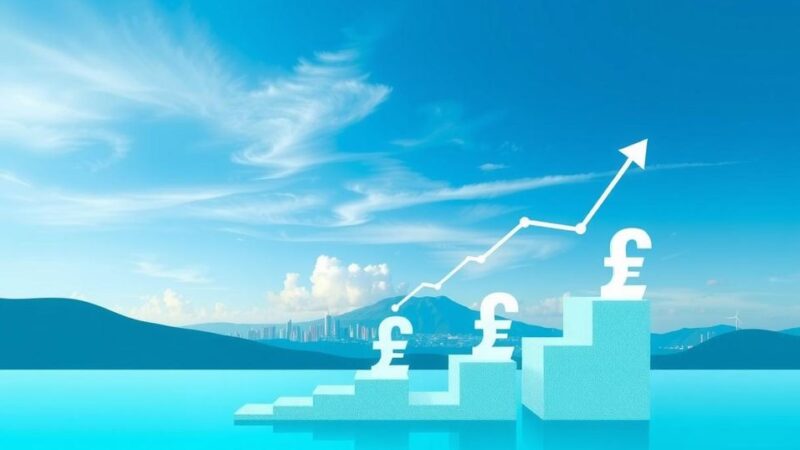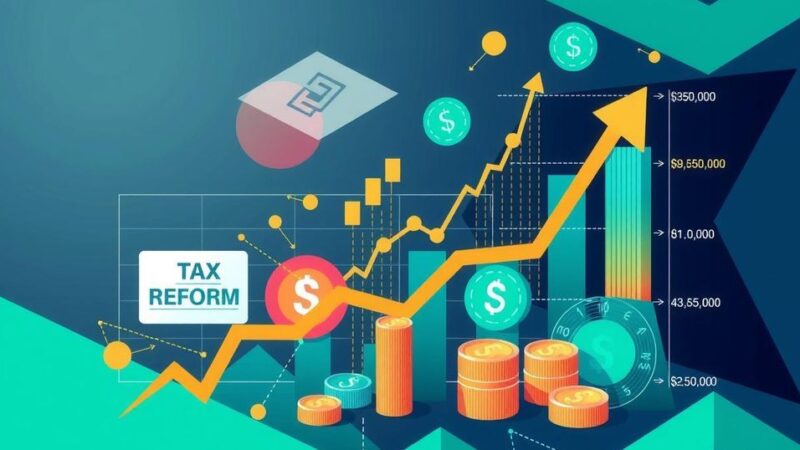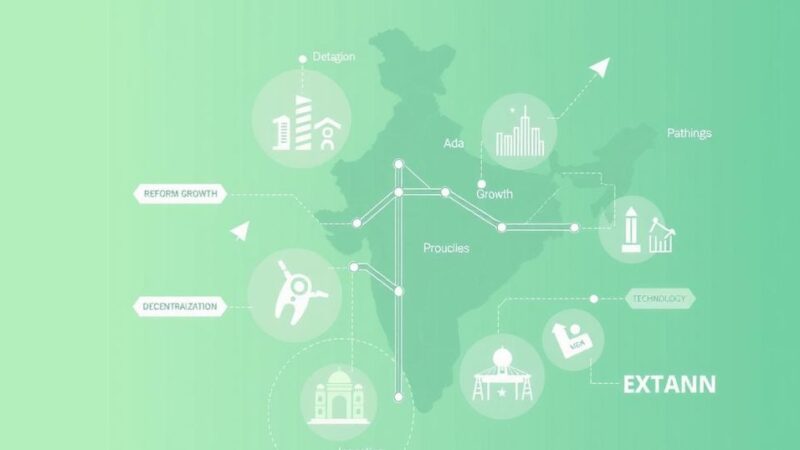Nigeria’s inflation decreased to 23.18% in February 2025, aided by stable naira and lower fuel costs, particularly a 33% reduction in diesel prices. Food inflation also declined slightly. However, analysts alert of possible inflation spikes by April, and the Central Bank has kept interest rates unchanged at 27.5%.
In February 2025, Nigeria experienced its first inflation slowdown, with the rate dropping to 23.18% from January’s 24.48%. This change, reported by the National Bureau of Statistics, resulted from a rebase of the Consumer Price Index (CPI), lower fuel prices, and a steady naira.
The recent increase in output from the Dangote Refinery notably reduced diesel prices by 33%, while petrol prices remained stable. Food inflation saw a slight improvement as well, with figures dropping to 23.51% from January’s 24.08%.
Despite these positive changes, analysts caution that inflation may rise again by April due to global economic factors. Additionally, the Monetary Policy Committee has opted to maintain the interest rates at 27.5%, following a review of the current macroeconomic landscape.
Nigeria’s inflation rate showed a decrease in February 2025, attributed to stable currency and reduced fuel prices. While these changes provide temporary relief, market analysts caution about potential inflation increases in the coming months. Continued monitoring of economic conditions and the impact of fuel prices is essential for future forecasts.
Original Source: iafrica.com






